Is Religion a Blessing or a Curse:
Unless one has some personal experience of religion in its beneficent effects, one tends to take the existence of different religions in the world as a source of discord. While mankind stands divided in many other ways, one of the major divisive forces today is the communal practice of religion. Not being content with accepting the good of one’s chosen faith for oneself, many of us would force others to accept our choice. And when the latter object or resist, there is a conflict that can assume dangerous proportions. The history of the Middle Ages in Europe and Aisa is full of wars that originated in this religious superiority complex. The Christians wanted to subdue the Saracens and the Moors sought to subdue the Christians. The same gory scenes were enacted in India, with the Muslim rulers oppressing the Hindus and the Sikhs. If this is religion, the less we have of it, the better. That is why communists have turned resolutely away from all manifest religion. In fact, in the beginning, they could not tolerate it even in private life. Jawaharlal Nehru has expressed similarly distasteful views about organized religion which he calls, the source of much conflict in the world.
However, religion could not be bad when we consider it against the background of the lives of such great leaders as the Buddha, Jesus Christ, Guru Nanak, Mahatma Gandhi and a number of other personalities who had ennobled the world with their life and teachings. In its essence, religion represents the search of man after God and for finding some satisfactory explanation of the mysteries of life and death and the universe. It is a religion that has given man many of his noblest ideals- ideals that teach him to rise above self and explore the powers within him for the good of his fellowmen. Religion, properly imbibed and followed, has invested man’s life with beauty and peace which cannot be had by any other means.
But a most unfortunate aspect of religion is the deviation from the base which occurs when it is has become fixed in ritual and orthodoxy. The longer the original prophet has been dead, the farther away most of his followers are from his precepts. They take the ritual for the spirit and exploiting the peoples’ mass instinct, seek to suppress those who dare disagree with them. Strange as it may look, the religion which should bring man close to man because both are the sons of the same divine Father, usually puts them so apart as to make them hunger for each other’s blood. Roman Catholics and Protestants fought each other for “Christ” and both carried on crusades in the name of God to suppress the followers of Islam. The only apparent exception in ancient India. While Buddhism and orthodox Hinduism differed in many ways, there was no attempt to find converts with the power of the sword. Both sought followers, but this was with the help of discussion and debate, argument clinching the issue. However, the old tolerance has been gradually shed and the presence of Christian and Islamic values has helped to produce approximation in those of the older Indian religions as well. While the past of these faiths shines in glory, their present is hardly different from that of other contemporary mass religions. For this reason, the practice of religion almost everywhere continues to divide but not produce understanding among men. Prejudices rule the roost and soon intolerance erupts into violence, leading to large-scale rioting and murder.
It is this aspect of religion that disgusted Jawaharlal Nehru and made him wish that the curse be swept off the face of the earth. This, however, is mostly a visionary’s dream.
A complicating factor is an opportunity which religion has given to politics to exploit it. In many parts of the world, power-seekers are deliberately using the mass mind to influence political issues. They treat religion as a kind of screen behind which they pursue plans of personal advancement. Such leaders of faith as want to pursue their unexceptional principles in peace have to compromise with politicians and refrain from criticism of them even when it may be legitimate. Religion has, thus, travelled far from its original moorings when it was a guide for the spirit. At places, it has become a handmaid of politics. At a lower level, the clever among priests continue to exploit the superstitious and the faithful.
No doubt, religion is the opium of the masses. It attracts them completely. It inspires them to load a noble and pious life. It guides them to be true seekers after truth and win spiritual peace. Thus religion will go on rendering us full service to mankind. Politicians may exploit religion. Mosques, gurdwaras, temples and churches may become the refuge of murderers, criminals and other immoral characters for the time being. But the truth will triumph in the end. All those who exploit religion for their selfish and wicked ends will be doomed at last and cannot escape the scourge (whip) of God.
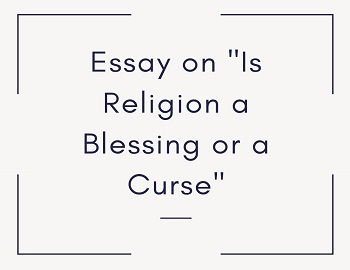

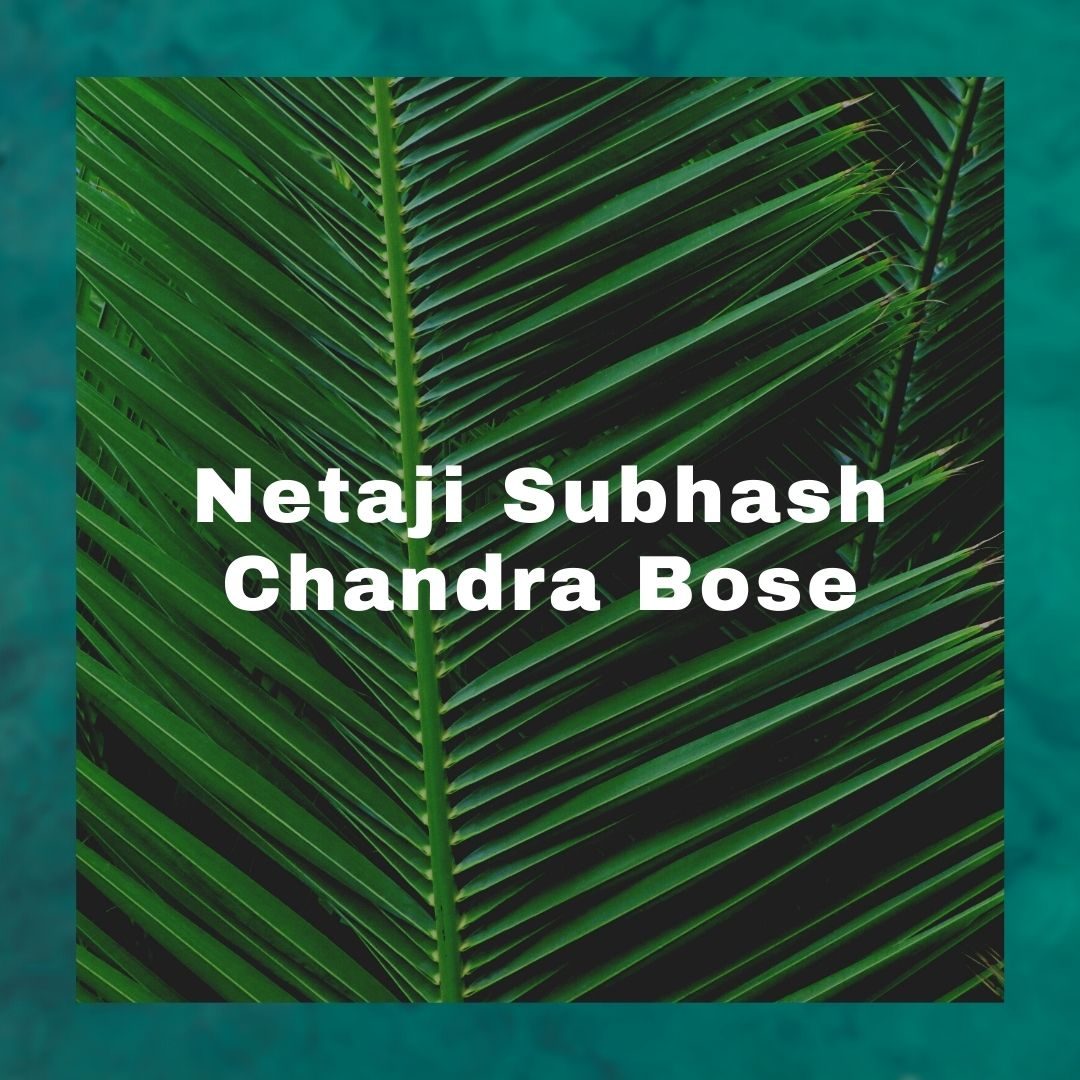
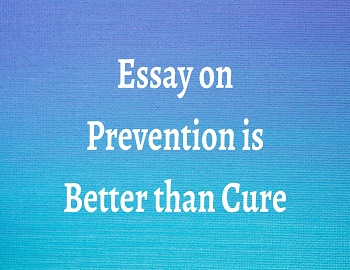
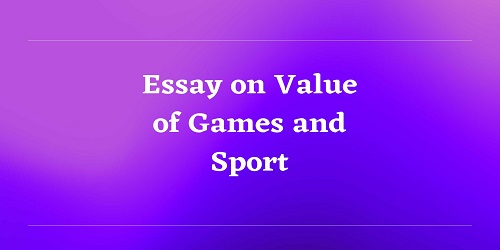


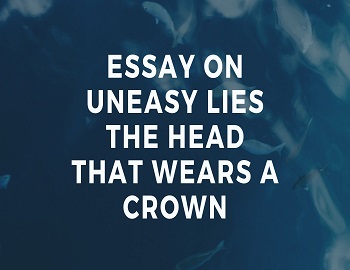
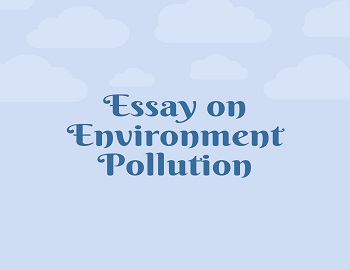
Comments (No)